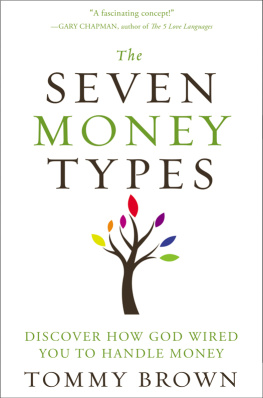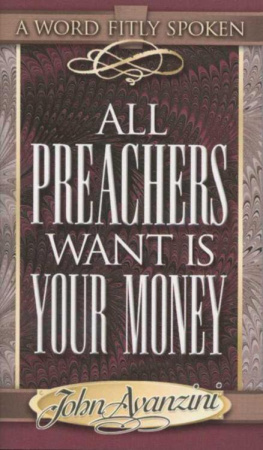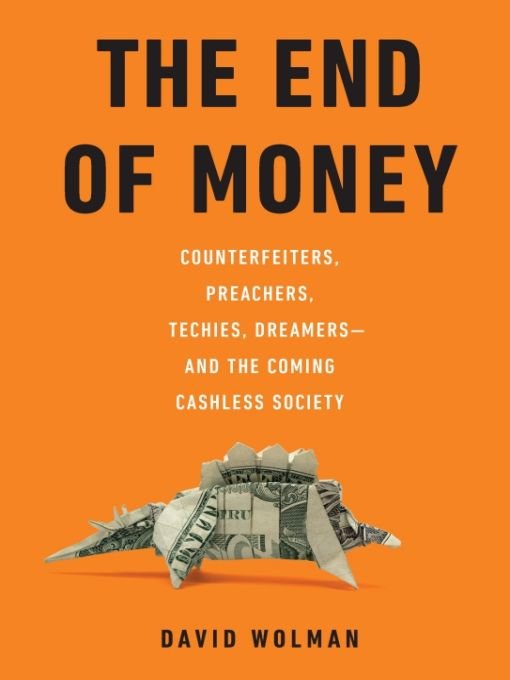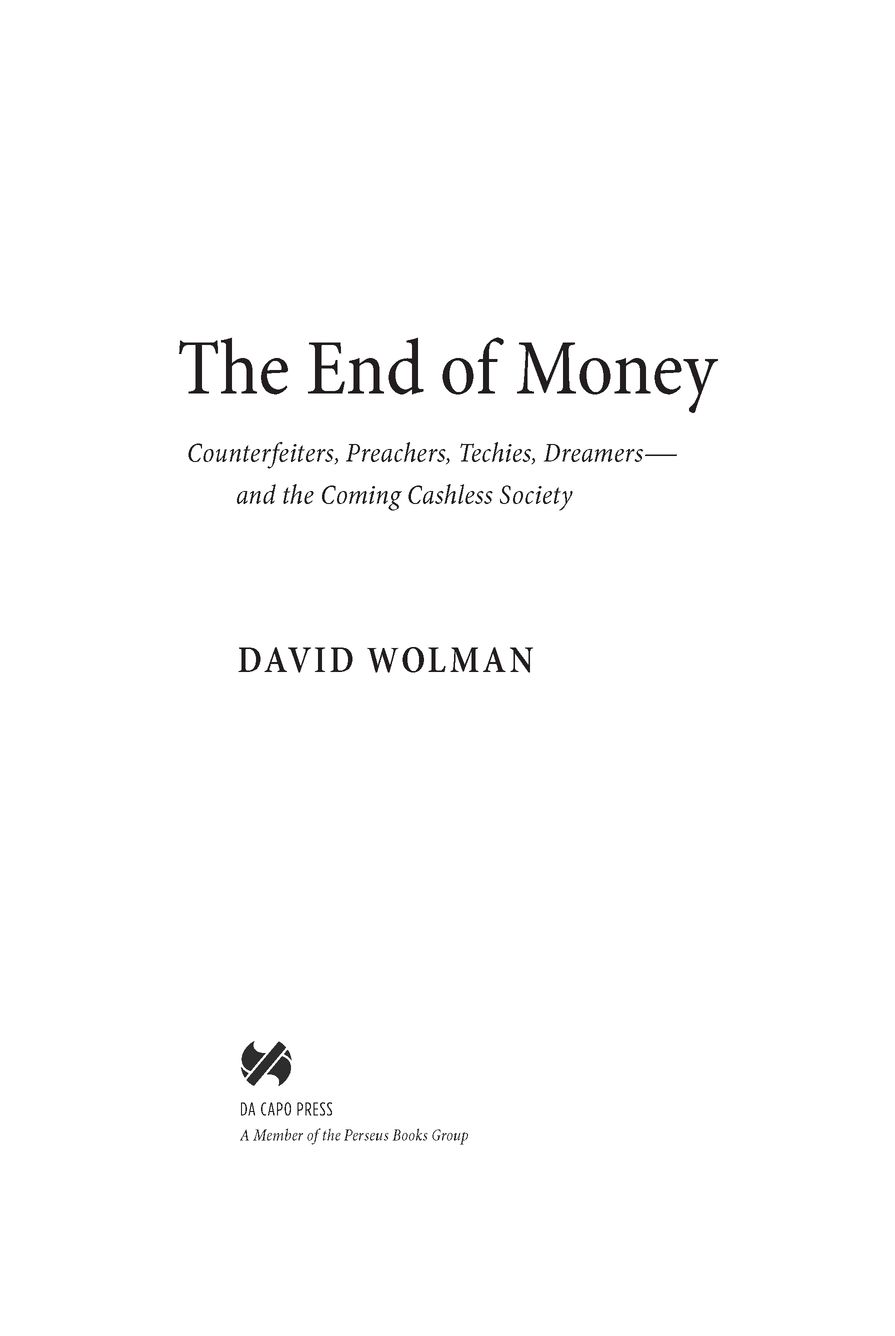Table of Contents
Also by David Wolman
A Left-Hand Turn Around the World Righting the Mother Tongue
INTRODUCTION
On Christmas Eve 2009, Umar Farouk Abdulmutallab began the journey he thought would take him from this world into the next, and into the awaiting embrace of six dozen virgins. He carried nothing more than a small duffle bag and, in his underwear, the ingredients for plastic explosives. If not for some fumbling on the part of the aspiring bomber and the reflexes of a few passengers and the crew, Northwest Airlines Flight 253 would have exploded somewhere over Watford, Ontario.
Eight days earlier, Farouk Abdulmutallab stood at an airport ticket counter in West Africa. With $2,381 in cash he purchased a one-way ticket from Lagos, Nigeria, to Detroit, connecting through Amsterdam. Pardon me for my ignorance about the inner workings of the global war on terror and airline ticketing procedures, and for a line of reasoning that promises to infuriate the ACLU, tax-evading militiamen, the U.S. Treasury, and the Russian mob, but I have to ask: in the post-9/11 age, who uses $2,381 in cash to buy a one-way ticket to the other side of the world besides crooks and terrorists? Think of all the mileage points lost!
Money is no object. Maybe so for a lucky few. Except, of course, money is an objecttearable, flammable, even wearable. Its also an object of obsession, inquiry, aspiration, remorse, delight, disdain, curiosity, and just about every other sentiment imaginable. Money takes different forms, too: credit and debit cards, checks, money orders, lottery tickets, gift cards, Disney Dollars, ones and zeroes on distant servers, and, for the time being at least, rectangular slips of paper and round coins that economists call physical representations of sovereign currency, and that the rest of us call cash.
A few years ago, I started bumping into stories about the cost of manufacturing coins and maintaining them in the economy, and suggestions by some pundits that the United States go cold turkey on pennies. A scientist at MIT founded Citizens for Retiring the Penny, and for a few years the guy was everywhere: 60 Minutes, NPR, the New York Times, ABC World News Tonight, the Boston Globe, The Colbert Report. He had his talking points down pat, about time and materials wasted, potential benefits to the economy, and research showing that rounding prices up wouldnt hurt consumers.
The debate made me realize that I have a bit of a soft spot for pennies, probably because of Bazooka chewing gum and a Bostonian named Bob. When my older brother and I would take the train home from school back in the early 1980s, we would often stop at a corner store called Bobs Waban News. While Bob griped about the Red Sox and served coffee to his regulars at the bar, kids filtered in and out to order Slush Puppies or purchase Charleston Chew candy bars. And if we had any pennies, wed take our shot at the box.
Above the register, just below where the wall met the ceiling, Bob had affixed a cardboard box, perhaps sixteen inches across. It had no top, and inside was a bell. If you lobbed a penny up and missed the box ormore demoralizingyour penny landed inside but failed to hit the hidden bell, you got nothing. If you hit the bell, you earned a piece of Bazooka bubble gum, not to mention glory. Ding! If we close the book on pennies, what would happen to this kind of game? What would people throw into wishing wells?
Yet nowadays, nobody seems to like coins except collectors, which may explain why those Coinstar machines standing post outside supermarkets process more coins than the U.S. Mint manufactures in a year. In the words of one anonymity-requesting economist I spoke with at the U.S. Treasury: I hate coins. Why do we even have them? One answer is that pennies honor Abraham Lincoln. But maybe the national holiday, a gigantic memorial, and his face on a banknote (purple fives!) are sufficient. Some might even say its an insult to the sixteenth president to put his image on unwanted coins that cant buy anything.
Despite my nostalgia for Bobs Waban News and those brick-like pieces of Bazooka gum, the logic expressed by retire-the-penny types resonated with me. I didnt care that they had once been mocked on an episode of The West Wing, but I did think that to avoid sounding petty, they needed to amp up the bluster. I wrote an essay for Wired advocating not merely for the end of small change, but an end to physical money, period. And I didnt hold back. In an era when books, movies, music, and newsprint are transmuting from atoms to bits, money remains irritatingly analog, I declared. Physical currency is a bulky, germ-smeared, carbon-intensive, expensive medium of exchange. Lets dump it.
Reader responses were... passionate. Wolman is a fascist.... Taking away cash would be like taking away our guns: One needs it most only after its gone. Another read: My cash is my business. I was accused of shilling for secret lobbying groups, and of sacrificing the last vestiges of privacy so that those bastions of clarity and honesty called banks and credit card companies can mine our every transaction.
I had smacked a nerve. People are willing to kill for cashwe know that. But what I was hearing made me think that people might kill to keep it. That got me wondering: what is cash, anyway? The simple answer is little metal discs and strips of paper bedecked with dead white guys and cryptic messages that make Nicholas Cage go even more bug-eyed. But what is its place in our economy, our culture, and our minds? Could we ever do without it? Should we?
Although predictions about the end of cash are as old as credit cards, a number of developments are ganging up on paper and metal money like never before: mistrust of national currencies, novel payment tools, anxiety about government debt, the triumph of mobile phones, the rise of virtual and alternative currencies, environmental concerns, and a wave of evidence showing that physical money is most harmful to the billions of people who have so little of it.
This book is about the twilight of money in its most commonly understood form, and a search for the places, people, and ideas that provide a glimpse of what comes next. The individuals youll meet within these pages inhabit a vast spectrum of thinking about cash, its machinations, and its role in our lives. They are oracles to some, eccentrics to others. But all of them are visionaries merely for contemplating, and at times reimagining, something so fundamental, so uncontested. They just might convince you that a monetary revolution is afoot.
CHAPTER 1
The Missionary
Money doesnt talk, it swears.
BOB DYLAN
Marco Polo thought the Chinese were out of their minds. Paper money was born in China, perhaps as far back as AD 800. But it was during the Yuan Dynasty, beginning in the thirteenth century, when the sovereign first replaced coins with paper. When Marco Polo cast his eyes upon this monetary system some 100 years later, he was flabbergasted. The emperors mint hath the secret of alchemy in perfection, he wrote. Instead of circulating coins, the ruling authority passed out slips of paper stamped with a numberan amount corresponding to an equivalent handful of coins safeguarded in storage. It wasnt real money in the way anyone had ever understood it. Yet somehow, it worked.


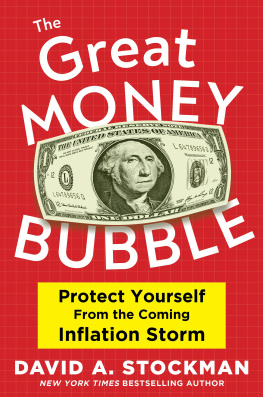

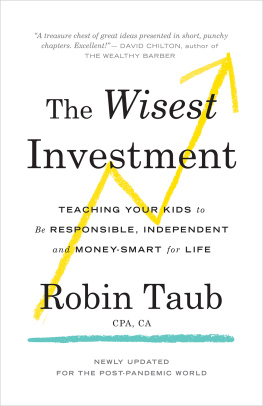
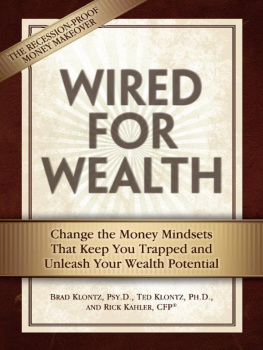
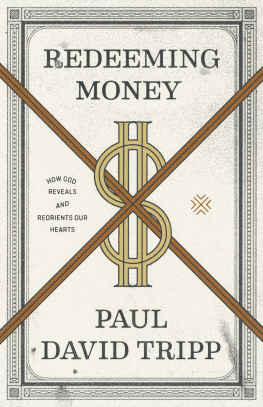
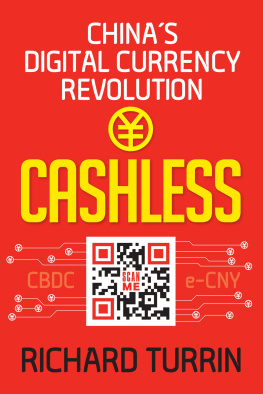

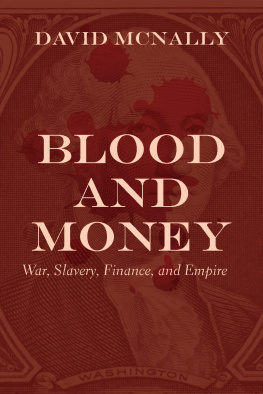
![David Orrell [David Orrell] - Quantum Economics](/uploads/posts/book/114631/thumbs/david-orrell-david-orrell-quantum-economics.jpg)
